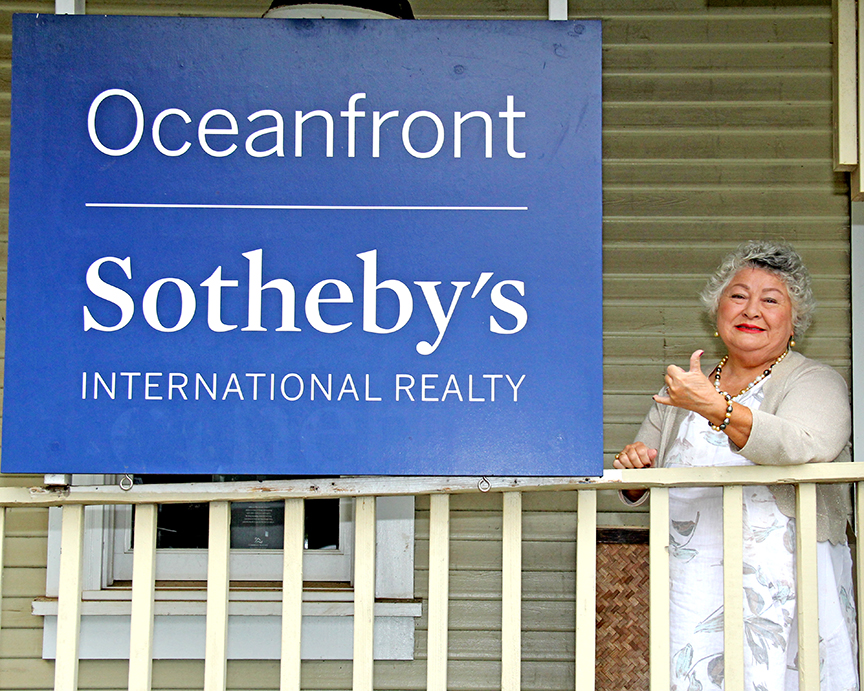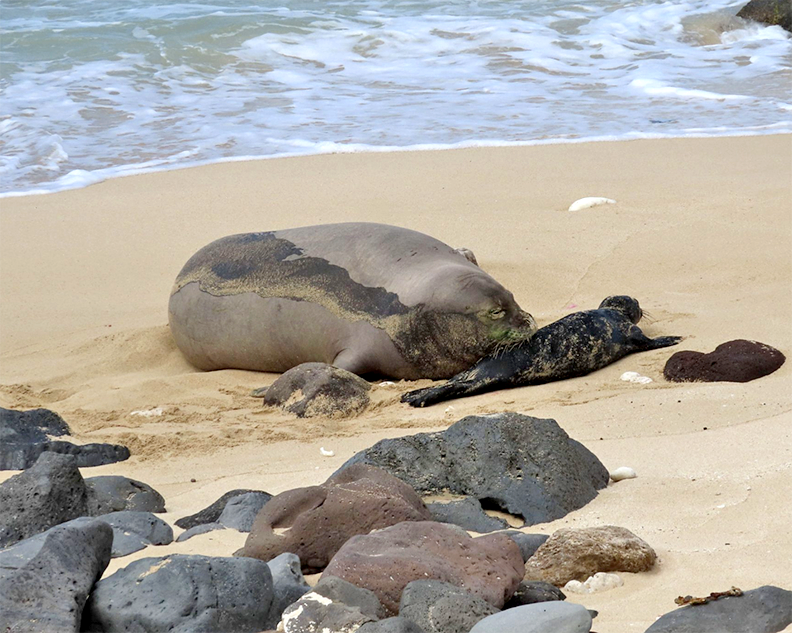By Léo Azambuja
 In November, we will be celebrating 100 years of the end of the War to End All Wars. Apparently, World War I, disgustedly also called the Great War, was neither great nor it ended any future wars. No war, specially one that kills almost 20 million people, can be great. And World War II started two decades later, lasted six years and left a grisly death toll of anywhere between 50 million and 85 million.
In November, we will be celebrating 100 years of the end of the War to End All Wars. Apparently, World War I, disgustedly also called the Great War, was neither great nor it ended any future wars. No war, specially one that kills almost 20 million people, can be great. And World War II started two decades later, lasted six years and left a grisly death toll of anywhere between 50 million and 85 million.
We haven’t learned much, with many wars and millions more lives being lost between then and now. But despite promoting a well-oiled war machine elsewhere for decades — and aside during the peak of the Cold War — we haven’t felt the threat of being attacked on American soil by another nation since the Japanese bombed Pearl Harbor in 1941.
Until now.
On Jan. 13, like many in Hawai‘i, I too woke up at 8:07 a.m. with an earsplitting alarm on my phone and a terrifying message telling me to seek shelter immediately because the threat of an incoming ballistic missile. My first reaction, lime many of us, was panic. Pure panic. I woke up my daughter, to successfully get her into panic mode too. Luckily, I wasn’t able to get through a phone call to Brazil to get my mother in panic mode as well, potentially giving her a heart attack.
To be honest, I considered myself a little bit more knowledgeable than the common citizen when it comes down to emergencies. Only because I’m a reporter. But this was new. I thought a North Korean missile would take a couple hours to reach us, when the actual time was only about 15 minutes. And I had no idea where to “seek shelter.”
I also wasn’t sure what would be the scope of destruction if a missile hit any of the islands. Would the entire island be destroyed, or would the entire state of Hawai‘i be blown up? I found out later, it would depend on the strength of a nuclear bomb, which can go from a few kilotons to 100 megatons. The bigger bomb would kill anything within an eight-mile range, mostly everything within a 20-mile range, and cause third-degree burns to everyone in a 50-mile range. And then there is widespread radiation, but I’m just trying to figure out the odds of immediate survival.
One thing I knew for sure: the missile defense system is far from being bulletproof. In fact, when I worked at our daily newspaper years ago, I remember the anti-missile tests had a success rate of about 50 percent. And during those terrifying first minutes after receiving the missile alert, I remembered those odds, which didn’t help at all.
But also, like many of us, I felt something strangely odd. The sirens didn’t go off. This gave me a slim of hope. I searched the Internet and found nothing. I got through to my younger brother in Brazil, said goodbye and asked him to search the Internet for clues, though I don’t remember in what order I said those things to him. Meanwhile, my friend who works at Civil Beat in Honolulu responded to a text I sent. Civil Defense had already said it was an error. OK, relief. It had been 12 minutes since the first alert. But somehow I didn’t feel calm. Then my brother sent me a screenshot of Tulsi Gabbard’s twitter saying it was a false alarm.
By then, a friend of mine showed up at my door. She didn’t want to be home alone in case we were actually blown to pieces. And as we all know, it took 38 minutes between the first false alert and a second message correcting it.
We could breathe now. And go to the beach. And to the supermarket, restaurants, nightclubs or wherever else we wanted to go.

Léo Azambuja
Still, there are two thoughts still lingering in my mind. One is the fear, terror that people living in war-torn areas go through. The only difference between our fear and their fears is that theirs is real. They do get bombed, and many times by our own bombs. The other thought is that we are not safe at all. While the threat is from North Korea, my anger was directed at a frivolous war of words between two presidents, a childish war that could easily escalate to a real death and destruction scenario.
It’s about time our government deals with North Korea in a smart way. Threats over Twitter accomplish nothing but real threats from a regime openly betting on nuclear deterrents as national security. Name-calling and bragging about a big red button doesn’t stop wars; it only incites them. Sitting at the table, without preconditions, and talking about solutions is what can take us to a safer solution.
Lives are at stake. It’s time our leaders grow up and acknowledge this. Or else we are at a serious risk of, a century after WWI ended, having an actual War to End All Wars. Only that this war would also end all life on Earth.
Discover more from ForKauaiOnline
Subscribe to get the latest posts sent to your email.




Leave a Reply